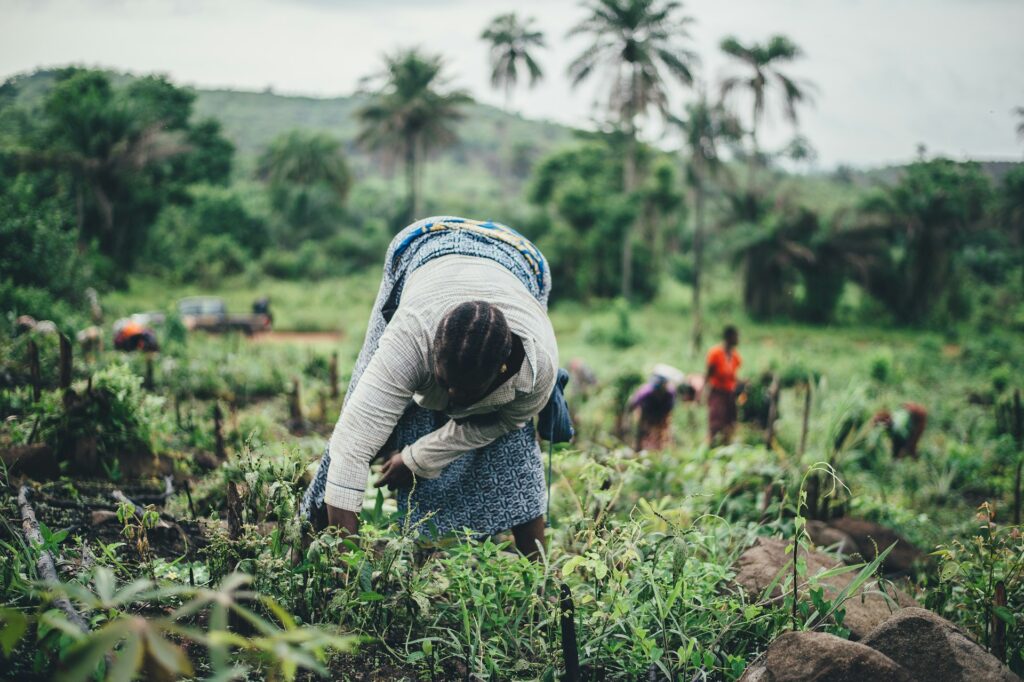
Shekinah Farms is a woman/youth-owned and operated farmers’ organization (FO) registered with the Cameroon government to support sustainable agriculture development through the provision of services that empower, alleviate poverty, and advance farmers in Cameroon’s Northwest and Southwest regions, where internal conflict and underdevelopment pose challenges. As a Farmers’ Organization (FO), we help small farmers gain collective strength by pooling resources. We establish connections between farmers, larger buyers, and markets they might otherwise not have access to. Additionally, Shekinah Farms offers training and support services, enabling farmers to meet quality standards and improve competitiveness.
We offer training programs in sustainable farming as well as advanced agricultural technologies. We provide hands-on training in soil health management, pest control, and water efficiency using modern irrigation systems. Participants can access markets and manage their income more effectively through our financial literacy and business development courses.

“Give a man a fish, and you feed him for a day. Teach a man to fish, and you feed him for a lifetime.”, Chinese Proverb.
This was the foundational philosophy of my journey into agriculture, which began with supporting farmers in various rural communities in Nso, Bui Division in the Northwest Region of Cameroon. From the heart of Nso, I embarked on an expedition driven by a deep desire to address a pressing need: empowering local farmers to subsist and thrive while maintaining their deeply rooted traditions and dignity. During the COVID-19 pandemic, I witnessed firsthand the farmers’ struggles for survival and sustainability in increasingly uncertain conditions.
As a sympathizer and with the understanding that small-scale farming supports millions of livelihoods across Sub-Saharan Africa, I founded Shekinah Farms in 2022. Shekinah Farms is an initiative rooted in the belief that smallholder farmers’ problems require collective action. Our value-chain-based, environmentally friendly approach connects farmers to external actors, including aggregators and markets they otherwise cannot access in these remote areas. I aspire for Shekinah Farms to support women and youth farmers in gaining recognition as crucial actors for change in the agricultural sector.
Driven by my passion for my local community of the Northwest and Southwest regions of Cameroon, our initiatives focus on community impact, collaboration, and advocacy. With Shekinah Farms, we aim to empower the local communities not by giving them fish but by teaching them to fish and sustain themselves for a lifetime. Therefore, we consider ourselves deeply invested in understanding the problem, amplifying the voices of those affected, and collaborating with those with the expertise to develop sustainable solutions. We aim to bridge the gap between technology, agriculture, and community efforts to create lasting changes.
If you’re a practitioner, an investor, or a fellow enthusiast who shares my vision of transforming agriculture, I’d love to connect with you. Together, we can create sustainable solutions and make a tangible difference in the lives of farmers who need it most.
Unlocking the Power of Underserved Farmers: We envision a society where women and youth farmers thrive as agricultural innovation and sustainability leaders. However, systemic barriers such as limited access to land, finance, and resources and restrictive societal and cultural norms stand in their way.
To bridge this gap, we harness the potential of agriculture technology to:
Join us in revolutionizing agriculture and amplifying the voices of women and youth farmers.
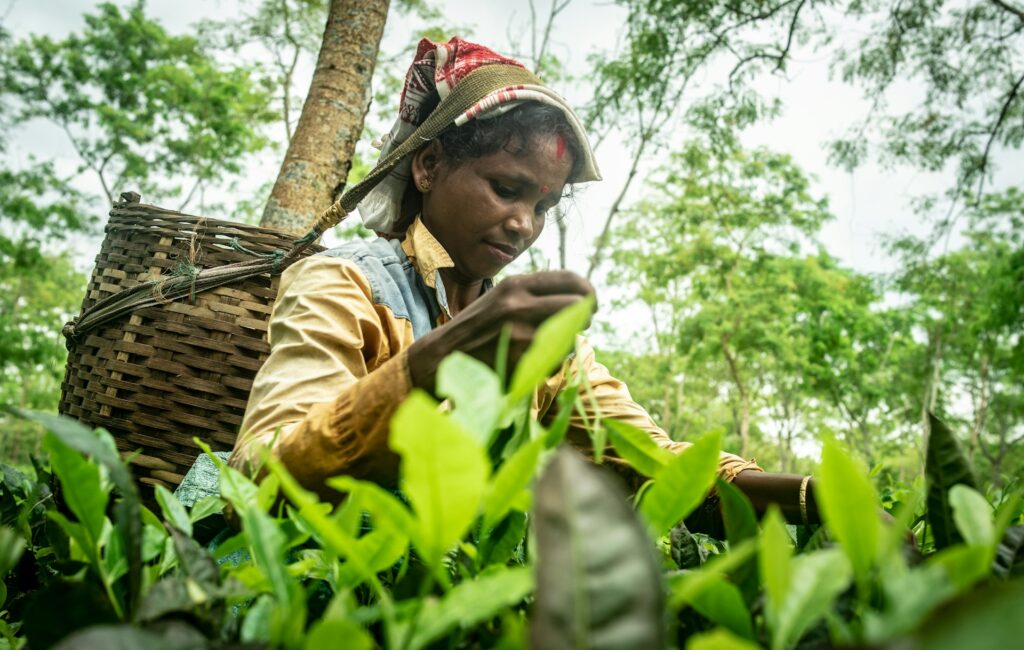
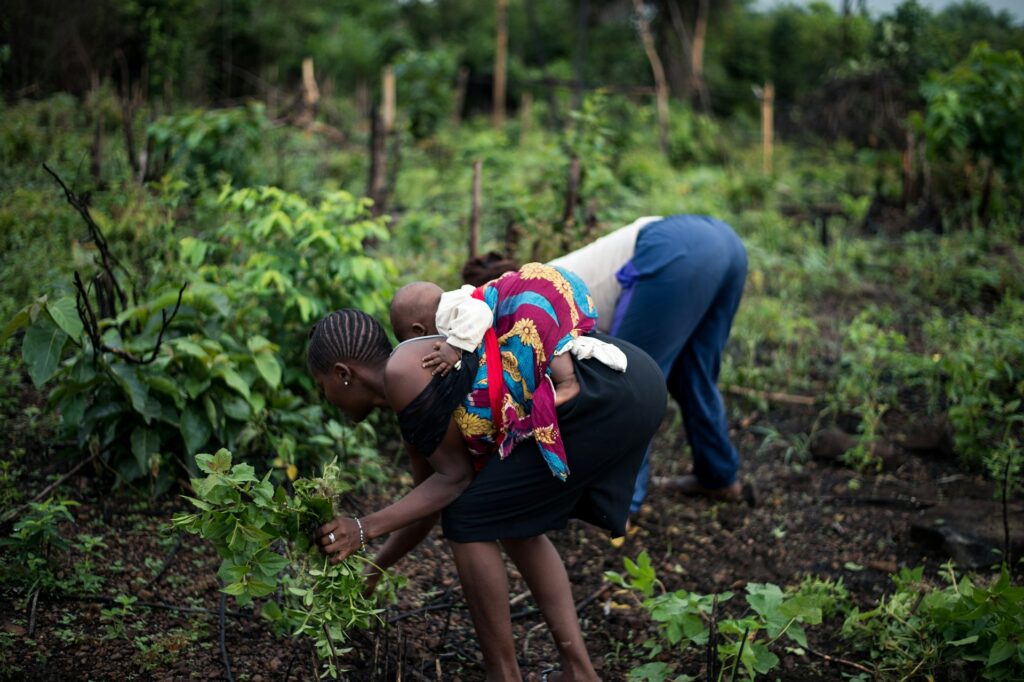
Promoting sustainable farming practices to cultivate sustainable livelihoods. Teaching farming techniques, facilitating access to markets, providing financial support, and enhancing community development can increase their participation in agriculture. Our strategic goals include training farmers in environmentally friendly agricultural practices, promoting soil health, developing climateresilient crops, supporting smallholder farmers and rural communities, and facilitating market access.
Shekinah Farms helps farmers gain skills, access inputs, form enterprises, and process and market their products more effectively to generate higher incomes. As participating members, farmers can access information needed to produce, add value, sell their commodities, and develop effective linkages with resources such as financial service providers.
Access to information enables farmers to adopt best practices and innovative techniques, leading to increased crop yields and better-quality produce. It also helps them stay informed about market trends and pricing, allowing them to make strategic decisions about when and where to sell their products. Additionally, informed farmers can efficiently manage resources and reduce costs, boosting their productivity and profitability.
The provision of these resources will help participants increase their crop yields, reduce their subsistence farming reliance, and become more climate resilient. Consequently, their incomes rise, food security improves, and they become more resilient to economic downturns.

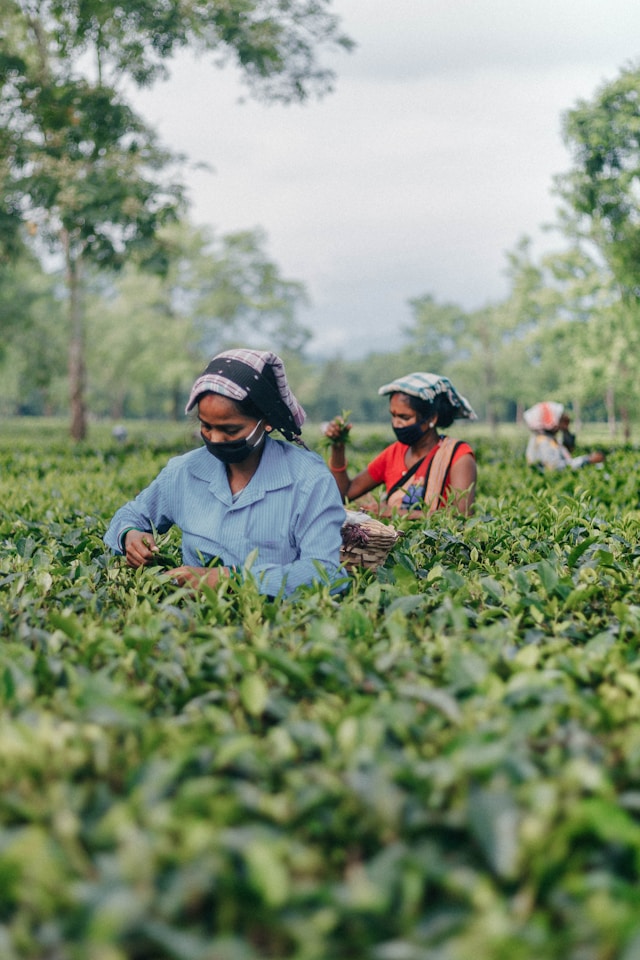
Through partnerships with other NGOs, development organizations, local agricultural extension services, and governments, Shekinah Farms focuses on initiatives that empower women and youth farmers to address challenges like climate change and access to quality seeds and small farm tools. Some of our activities involve providing financial support, access to improved agricultural technologies, training in modern farming practices, climate-resilient seeds, irrigation systems, and market linkages to help participants increase their crop yields, improve food security, and generate sustainable income.
Rural farmers in the communities we serve face many challenges, including:


Several challenges have plagued these persistently conflict-impacted
communities, including civic conflict, climate change, land degradation, and chronic food insecurity. This problem is exacerbated by the lack of modern agricultural education, technological solutions, and direct market access. For these farmers, this results in decreased productivity, an unstable income, and environmental degradation. Furthermore, we learned that farmers in these underserved communities spend 70% of their money on food. By training them in sustainable agriculture practices, we will reduce their food expenditure, thus combating poverty and increasing their yields.
According to emerging evidence, women and youth constitute most of the agricultural labor force in rural Saharan Africa. Providing agricultural services is recognized as a source of income and employment in rural areas and a means of fostering community development. By providing training and access to agriculture resources, youths and women will be empowered to reduce hunger and poverty, improve nutrition, create sustainable practices for resilient communities, and build community capacities.


To empower farmers and enhance sustainability, we offer training and
demonstration farms that integrate education, technology, and market access. Our programs provide comprehensive education and training tailored to the needs and locations of farmers about modern, sustainable farming practices. Using technology and agricultural experts, we provide tailored recommendations and guidance for precision farming. Farmers can connect with various markets through our market access platform, ensuring efficient distribution and reducing food waste. This holistic approach improves individual farm practices and transforms the agricultural landscape into a more sustainable and technology-driven one.
Our diverse team of stakeholders has extensive backgrounds in agriculture, rural development, education, and technology, ensuring a comprehensive
approach to addressing the challenges faced by small-scale farmers and underserved agricultural communities. Our field managers and extension workers have firsthand experience in rural settings and understand the needs of each farmer and local community dynamics, fostering a deeper connection with the target population. Our commitment to community engagement is integral to our approach, actively seeking input from farmers and community members and valuing their ideas, concerns, and aspirations in the design and implementation of our solution. This participatory approach ensures that our solution is relevant, culturally sensitive, and respectful of local practices. Through partnerships with local community groups and community leaders, we enhance our proximity to and understanding of the communities we serve. Our team’s dedication to shared decision-making and ongoing feedback loops ensures that the solution is practical and authentically aligned with the needs and desires of the people we aim to empower.

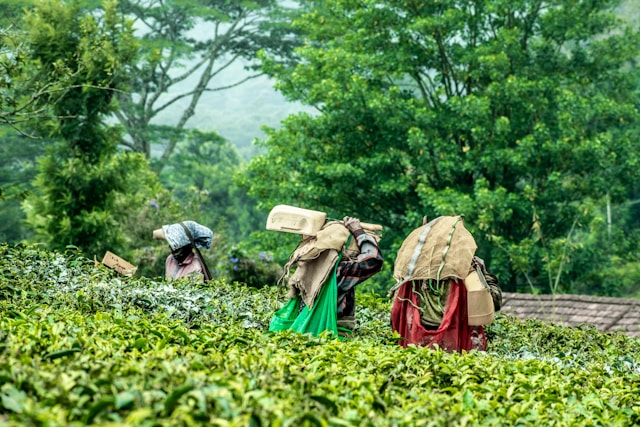
Our team knows that designing a practical demonstration site on a farm requires expertise and guidance. By building strategic partnerships, we can connect with potential collaborators, investors, and organizations that share our vision, fostering collaborations that will accelerate the impact of our solution.